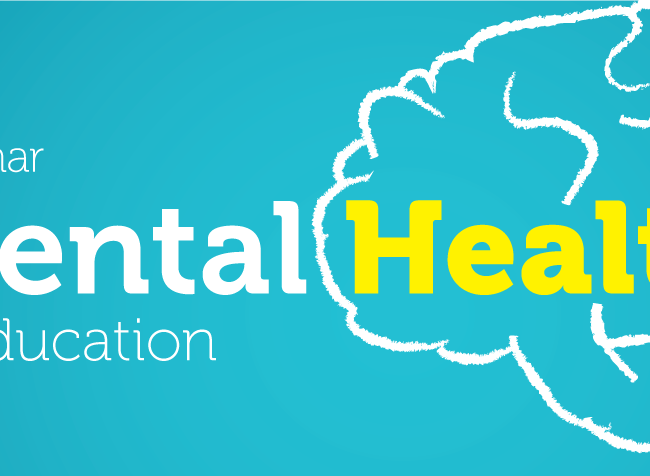
Student Mental Health: Changing the Status Quo
Mental Health problems are becoming more and more serious amongst students. Sky Mitchell, Psychodynamic Counsellor with the majority of her clients between the age of 19 and 29, sees all developments and urges universities to better the circumstances. We interviewed her, to get her view on what universities could do.
Sky, thank you very much for your time. Could you tell us a bit about yourself and how you are involved with mental health problems amongst students?
Off course! I am a psychodynamic counsellor, formerly based in London and I now live in Crete where I have continued with my clients online. I am what you could call a ‘wounded healer’ as I have been through challenging experiences and feel that I can help others to get through their challenges too. I am very passionate about helping people to understand and process their overwhelming feelings and thoughts and have found that by understanding where your anxiety comes from and what triggers it, you can live a calmer, happier life.
The majority of my clients are in the age of 19 to 29, meaning I have and continue to work with many students. Not being able to process overwhelming thoughts and feelings with any positive results often comes from childhood experiences. Depending on how long the client wishes to have therapy with me, we can either look at their childhoods and the root of their thinking processes or we can work in the here and now and think together about what ‘tools’ would help them to think more positively about their life.
Could you give an example of when a university student would need to think more positively about life?
One example would be when they think about their future. Anxiety can kick in when thinking of the future and what it will bring and even before their course is finished, fears of what their future looks like, can be unbearable. When a university student graduates, heightened worries around job prospects, money, paying back the debt, maybe not seeing those friends that they have bonded with can get more intense. This can knock their confidence regarding applying for jobs. This is not something that can be resolved overnight, but I do think that it is something all universities should be seriously looking at as their duty of care for these young adults.
You say that being unable to process overwhelming thoughts and feelings can cause mental health issues to surface. Does that mean mental health issues do not originate from studying?
If you want to generalize; no, they do not. However, each human being is an individual being and their childhood experiences will be individual to them. The pressures of university life, pressure from parents and peers to achieve as well as life after university, can trigger lots of different negative thoughts, feelings and actions which present themselves as anxiety or depression, as they struggle, on their own, to try and make sense of it all. They are told that to have a successful future they have to graduate with as high a grade as possible. How wonderful would it be for them to have someone they can relate to, to help them make sense of it all and to know that being ‘good enough’ is ‘good enough’.
What do you feel that universities should do to provide students with the help they need?

I can imagine it is a difficult process and possibly costly, but in my opinion universities should have different counsellors at their disposal. There are so many different types of mental health issues and it is not a case of ‘one size fits all’. The first step would be to get a variety of counsellors with different approaches to be able to help as many students as possible.
You said first step, I imagine there is a second step as well?
Well, there is a larger problem at hand. In our society people do not always feel safe to be transparent about their problems, meaning that many do not seek the help they need and this applies in universities too. There is this stigma of others knowing you are getting counselling and being scared that this kind of help will go on their records. If a someone is studying to be a doctor for example and they have mental health issues on his of her records they think that their chances of a great future immediately slip away.
Universities should create a safe environment for and positively promote mental health care. That way students who need it feel safe seeking help. A lot of universities are already trying hard with different initiatives, but I hope all universities will increase their efforts and really start changing the status quo.
Sky Mitchell will be one of the speakers in our Mental Health Webinar. Do you want to find out more about how you can help your students best? Register for our webinar for free!








